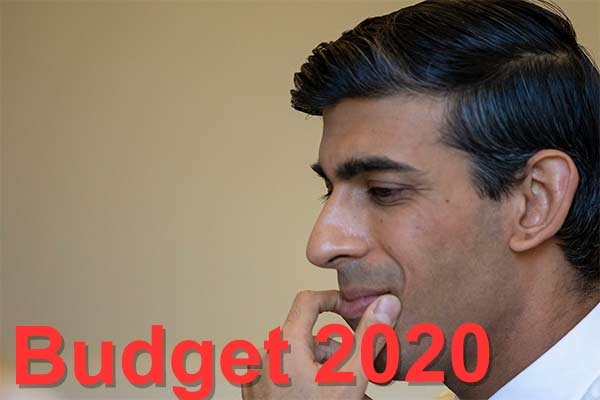Chancellor Rishi Sunak is to revamp the pension taper rules which have deterred some high earners in the NHS from working extra hours.
The Chancellor said that individuals with a threshold income of between £110,000 and £200,000 and adjusted income between £150,000 and £240,000 will no longer be hit by the tapered annual allowance.
For individuals who continue to be affected by the tapered annual allowance, the minimum tapered annual allowance will be £4,000 (currently £10,000).
The Treasury says this measure increases the income limits used in calculating a tapered annual allowance and decreases the minimum tapered annual allowance.
The government introduced the tapered annual allowance from 6 April 2016 for those with incomes of over £150,000.
The tapered annual allowance is triggered when both the threshold income and the adjusted income exceeds designated limits. The £40,000 annual allowance is reduced by £1 for every £2 that the adjusted income exceeds £150,000, to a minimum annual allowance of £10,000.
In August 2019 the previous government announced a review of the tapered annual allowance and its effect on public services. In December 2019 the government announced a more focused review of the taper and its effect on the NHS.
This Treasury says the measure will help an estimated 250,000 UK individuals who are currently affected by the tapered annual allowance.
The measure will be effective for the tax year 2020 to 2021 and will be effective for benefits accrued on or after 6 April 2020. It will cost the Government £180m in 2020/21 and £670m by 2024/25.
Gary Smith, Chartered Financial Planner at Tilney, said: “It is welcome news that will certainly reduce the impact of high tax charges being suffered by senior NHS staff, and solve many of the issues that have resulted in early retirement or reduction in working sessions by those members.
“This should also benefit non-NHS pension savers, who also suffer from tapered annual allowance issues. The rumoured scrapping of the higher rate tax relief also has not come to fruition in this budget which should also come as a relief to savers.”
Wayne Segers, head of pensions solutions at XPS Pensions, said: “Most people will now not be affected by the taper and it will certainly make pension savings and work pattern decisions easier for a significant number of people.”
Alan Morahan, managing director, Employee Benefits Consulting, Punter Southall Aspire, said: “The Chancellor has obviously reacted to all the noise from doctors within the NHS who have been disincentivised from overtime duties as a result of pension tax charges resulting from the tapered annual allowance.
“However, instead of abolishing the taper, which is a hammer to crack a nut, he has moved the thresholds, which he claims will “take around 98% consultants and 96% of GPs out of the taper altogether".
“Whilst many will welcome this change what he has actually done is create further complication, with previously arranged pension adjustments needing to be unwound and new arrangements put in place.
“What is needed is a move back to pension simplification, the much heralded government initiative that was introduced in 2006 and was almost immediately complicated by year after year of new pension legislation.”

